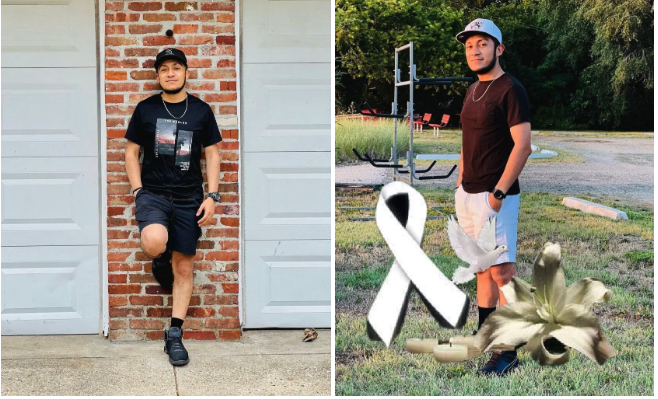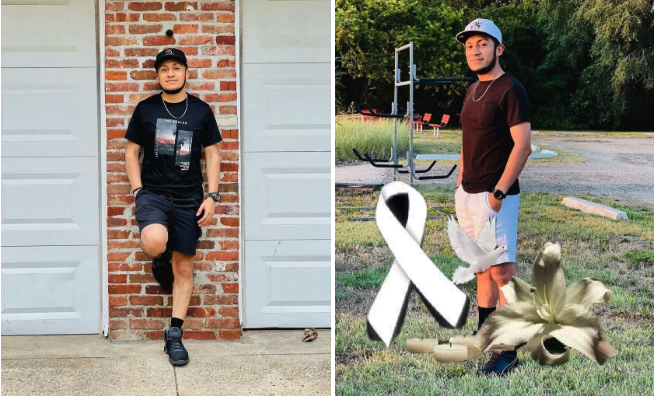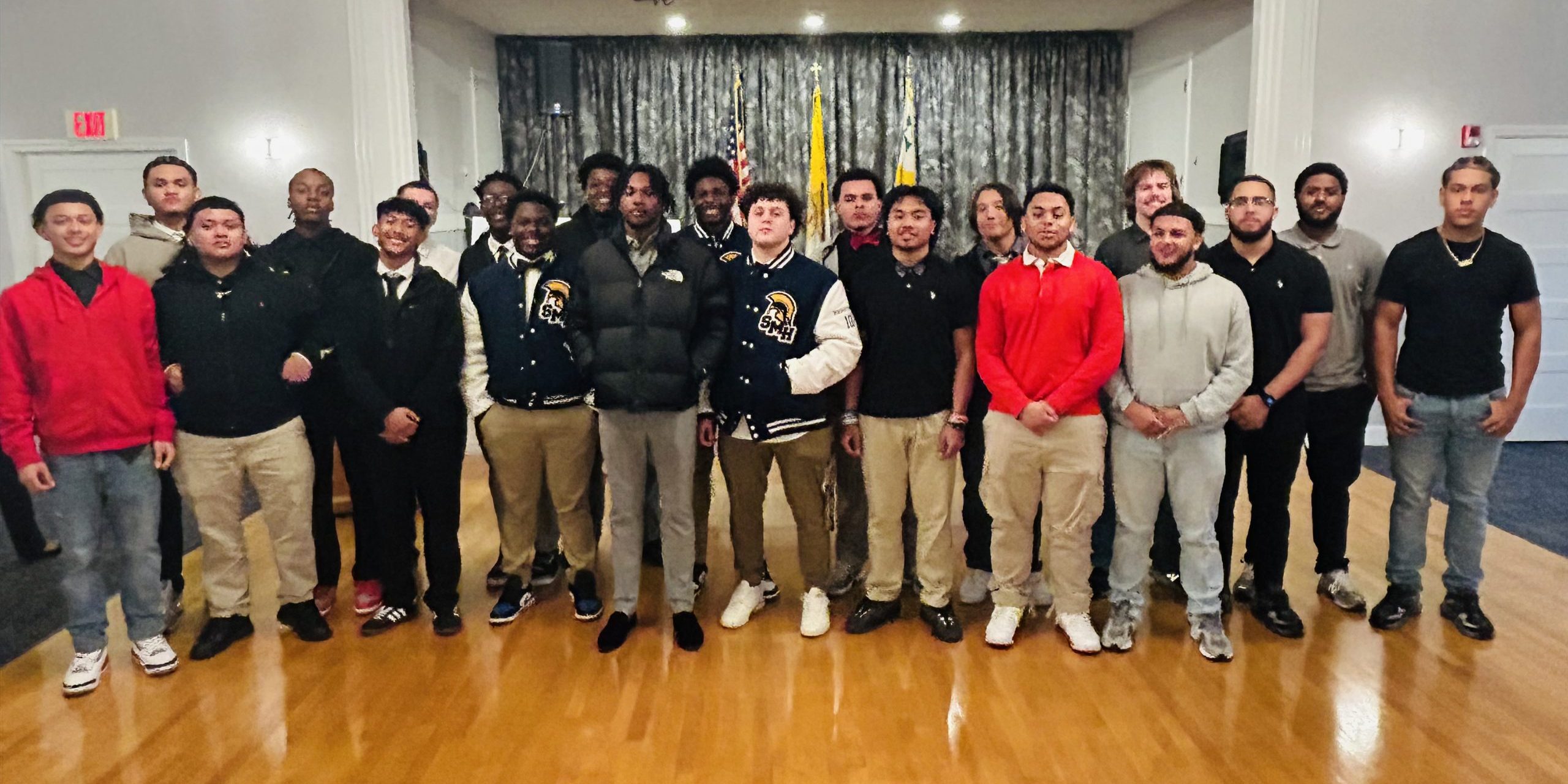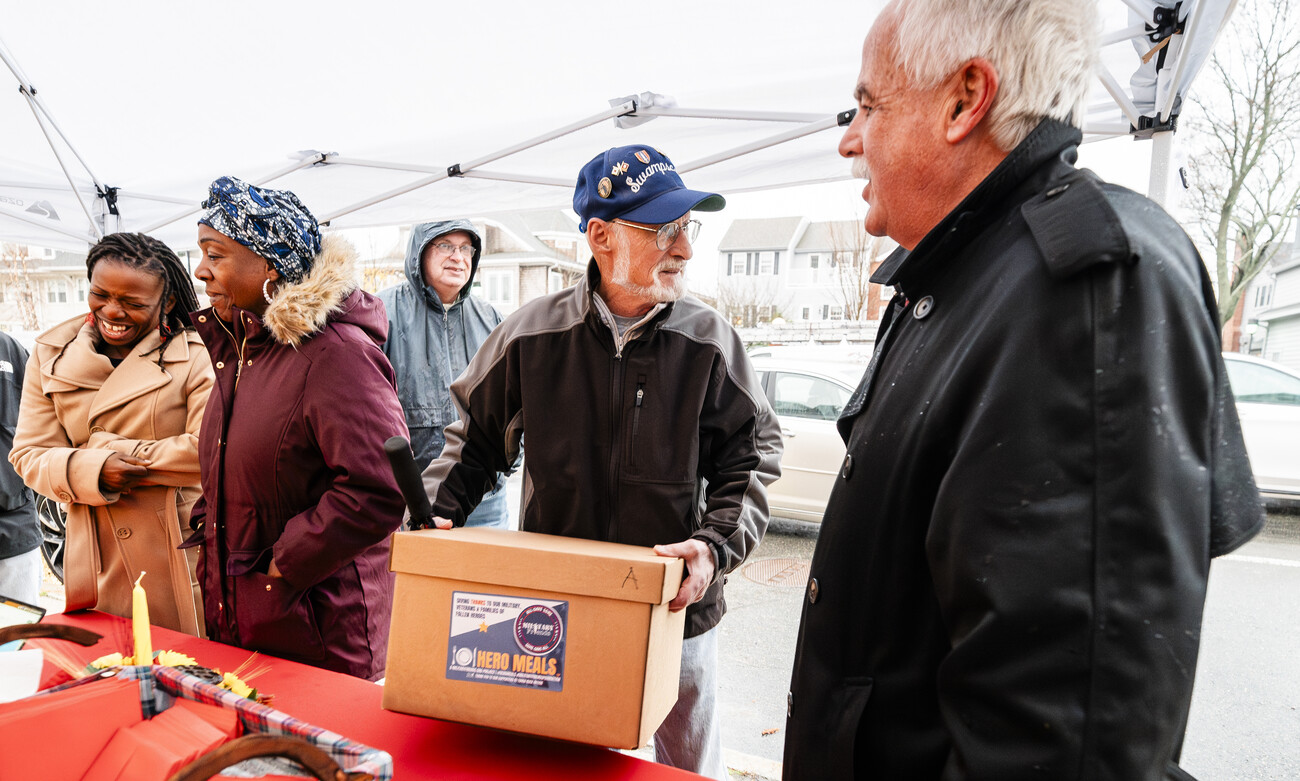

[ad_1]
Avni Shah
This year, quotas requiring equal numbers of female and male athletes delivered a Summer Games closer to gender parity than any other Olympics in history.
The International Olympic Committee’s emphasis on balancing its medal opportunities and participant list by gender creates an undeniable win for female athletes. They weren’t even allowed to participate in the first Olympics in 1896 and represented just 2.2% of the total athletes in 1900, when they were finally “included” — in tennis, golf, and a few other “ladylike” sports. This year’s games are on track to have close to 50% female competitors, which means more women have participated than ever before.
Women have infused social media feeds with compelling stories daily — not just the dominance of gymnast Simone Biles or swimmer Katie Ledecky, but also Lee Kiefer’s gold medal in fencing, Ilona Maher putting “beast mode” in the zeitgeist via women’s rugby, and Gabby Thomas winning her first gold medal on the international stage. Of course, other female athletes have faced backlash, as seen with boxers Imane Khelif and Lin Yu-ting after the International Boxing Association alleged they had failed unspecified gender eligibility tests. The IOC stood by the athletes, who went on to demonstrate hard work and discipline — and hopefully to change perceptions of what female athletes can accomplish.
The diversity of options and angles to cover female greats available to the media this year continues a trend. For the first time, the women’s NCAA championship game drew more viewers than the men’s, peaking at 24 million. Stars like Caitlin Clark, who graduated from Iowa this year and plays for the WNBA, created a wave that has crested at the Olympics, bringing in rabid new fans. Biles is a juggernaut, with an audience including Snoop Dogg watching her every rotation in awe. These athletes don’t just have presence — they have star power.
The icons and numbers matter. When female athletes see successful peers, they gain room to focus on competing and realizing their potential instead of on breaking the mold. The problem is, more broadly in sports, many numbers still look abysmal for women. Male sports still dominate in terms of sponsorships, merchandise, and, perhaps most importantly, pay. Clark’s rookie salary—$338,056 over the next four years — is a tiny fraction of the $55 million four-year contract signed by Victor Wembanyama, last year’s top NBA draft pick.
Meanwhile, not all geographic areas and sports are built the same. Even at these “gender equal” Paris Olympics, six countries had no women competing at all, while Mali, Botswana, El Salvador, Qatar, and other countries had fewer than 15% female participants. Swimming, soccer, hockey, and, perhaps surprisingly, equestrian are among the events with more men competing than women.
And that’s just the situation for the athletes. There are also major disparities among the individuals who train, support, and coach them. In Tokyo in 2020, only 13% of coaches were women, the IOC reported. This year, that number is expected to be less than 23%.
I know the loneliness of being a female coach firsthand. Recently, when I attended a baseball coaching clinic at Dodger Stadium as part of a community-development program, I was one of a handful of women among a hundred or so coaches. In my sub-group, I was the only female (and Indian American) participant. Not a single speaker or coach of the six individuals who led the clinic were female. In that context, I felt like I had to prove something spectacular about my ability and acumen — a somewhat ridiculous and self-imposed standard. It also made me nervous to ask some basic-level coaching questions (what is a classic batting stance and why, again, do we teach kids fastballs and not curveballs?), which I worried would confirm assumptions about my qualifications to lead.
Women coaches can provide female athletes with a crucial understanding of their needs and potential, and can offer fresh perspectives to athletes of all kinds. The IOC appeared to recognize that when in 2021, responding to dismal female coaching numbers, it created a training program. Since its launch, the program has trained more than 100 women, though only 10 of them are coaching in Paris. In addition, the IOC is working to achieve parity for female referees and judges.
Such programs should be replicated at local levels and ignited in youth sports. To lightly paraphrase a Kevin Costner scene in “Field of Dreams:” “If you build it, she will come.” We can conjure what we wish by building the infrastructure to support it. Right now in Paris, we’re seeing a top-down mandate helping female athletes get their well-deserved moment in the spotlight. But we need to build the “field” from the bottom up as well, investing at the local level in the same ideals we demand of the biggest athletic stage we can imagine.
Avni Shah is a writer and mother of two boys. Her work has appeared in InStyle, Salon, The Huffington Post, and more.
[ad_2]
Source link
24World Media does not take any responsibility of the information you see on this page. The content this page contains is from independent third-party content provider. If you have any concerns regarding the content, please free to write us here: contact@24worldmedia.com

Zosia VanMeter becomes Director of Inspection

Saugus playground gets revamped – Itemlive

Fatal Mattituck fire raises questions about rental safety

Photos: CAST’s 5th Annual Festival of Trees lights up Treiber Farms in Peconic

Daily Update: Fatal Mattituck fire raises questions about rental safety

Lynn football luncheon scores big

Police Logs 11/27/24 – Itemlive

Marblehead strike settled – Itemlive

Four Classical greats honored in City Hall

Swampscott hosts Thanksgiving Hero Meals

Controversial project redesign OK’d in Peabody

LYSOA celebrates its relaunch with a new logo and expanded program